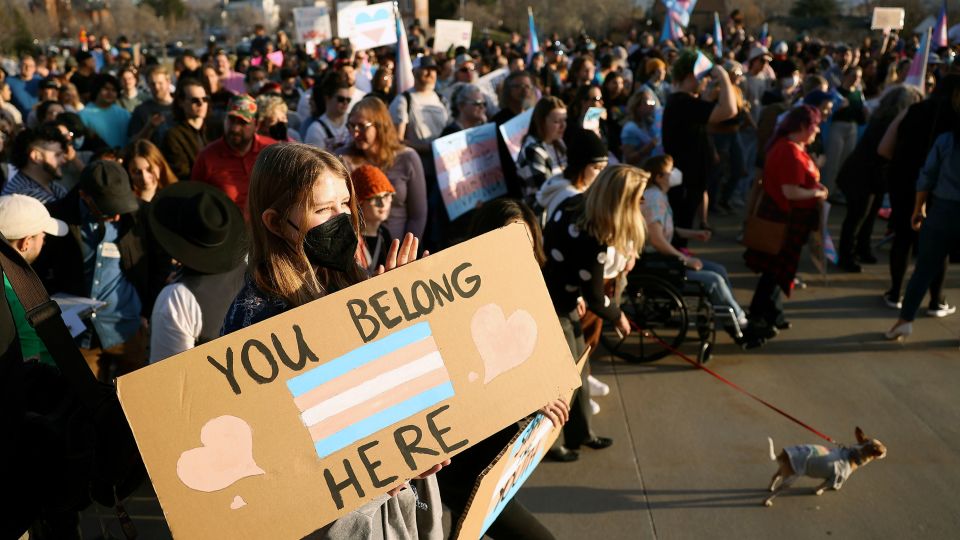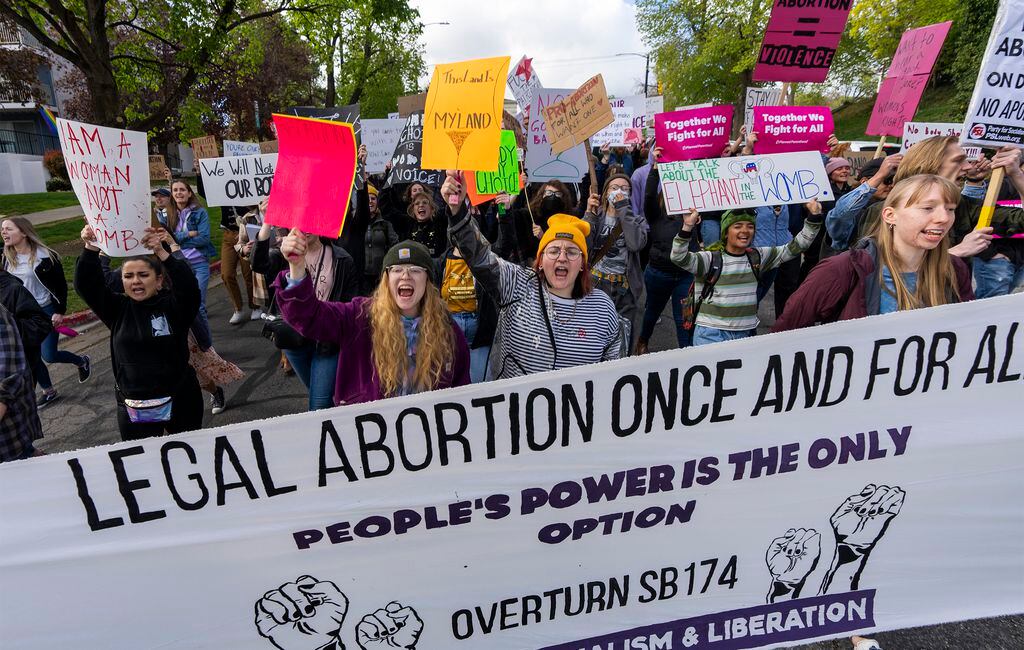top of page
HEADLINES

Gender Equality
Letter: Conservative wing of the Supreme Court got it wrong. And Kansas voters made that clear.
Contrary to popular belief, abortions did not begin in the United States with the 1973 Supreme Court Roe v. Wade decision. Before 1973, illegal abortions were performed in back alleys, hotel rooms, and in the homes of unlicensed abortionists with no medical training. Pregnant women seeking the illegal procedure were often subjected to unsanitary conditions, extortion and sexual abuse. Many of them died.
Two years following the landmark decision, the number of illegal procedures fell from around 130,000 to 17,000, and the number of deaths decreased from 39 to five. The women that died were disproportionately Black or low-income.
Before Roe vs. Wade, Black women died at 12 times the rate of white women undergoing an illegal abortion. Following the Dobbs vs. Jackson Women’s Health Organization decision, a Duke University study found that Black maternal deaths will increase by 33%, compared to a 21% increase for the overall population. Currently, Black women experience maternal mortality two to three times higher than that of white women. As a country, we do not do enough to support women before, during, and after childbirth to ensure better health outcomes.
It’s unclear if this was on the mind of primary voters in Kansas when they voted overwhelmingly against a constitutional amendment that would have allowed lawmakers to end abortion protections in the conservative state. What is clear is that the conservative wing of the Supreme Court got it wrong. Women do not want to give the government control over their bodies.
A society that values women and life guarantees access to prenatal and postnatal healthcare. Voters are telling politicians that these are decisions women should be making with their families and doctors. These decisions should not be made by politicians in Washington or the state legislature.
Aug 7, 2022
Darlene McDonald
The Salt Lake Tribune
Here’s who gets abortions in Utah — and what help is available if Roe v. Wade is overturned
As the coronavirus disrupted lives and livelihoods in Utah, it appears that an increasing number of women sought abortions in the state, providers say.
The number of procedures in Utah has generally declined — with some fluctuations — over the past few decades, from approaching 5,000 in 1990 to just under 3,000 in 2019, according to a report from the Utah Department of Health’s Office of Vital Records and Statistics.
May 9, 2022
Becky Jacobs
The Salt Lake Tribune
Religious rift over legal abortion on display after Supreme Court draft opinion leak
WASHINGTON — America's faithful are bracing — some with cautionary joy and others with looming dread — for the Supreme Court to potentially overturn the landmark 1973 Roe v. Wade decision and end the nationwide right to legal abortion.
May 8, 2022
Deepa Bharath and Luis Andres Henao
KSL
Utah woman says experience at clinic after miscarriage shapes 'less judgmental' view of abortion
A life devoted to her family and faith has presented Heather Sundahl with some trials.
"I have four children and I've had four miscarriages," Sundahl said. "I watch the TV show called 'The Midwife,' and anytime there's a miscarriage or still birth, like, I'm there again. I'm there again. And I'm remembering the pain and the sadness, and it's just scary."
May 8, 2022
Morgan Wolfe
KSL
bottom of page







